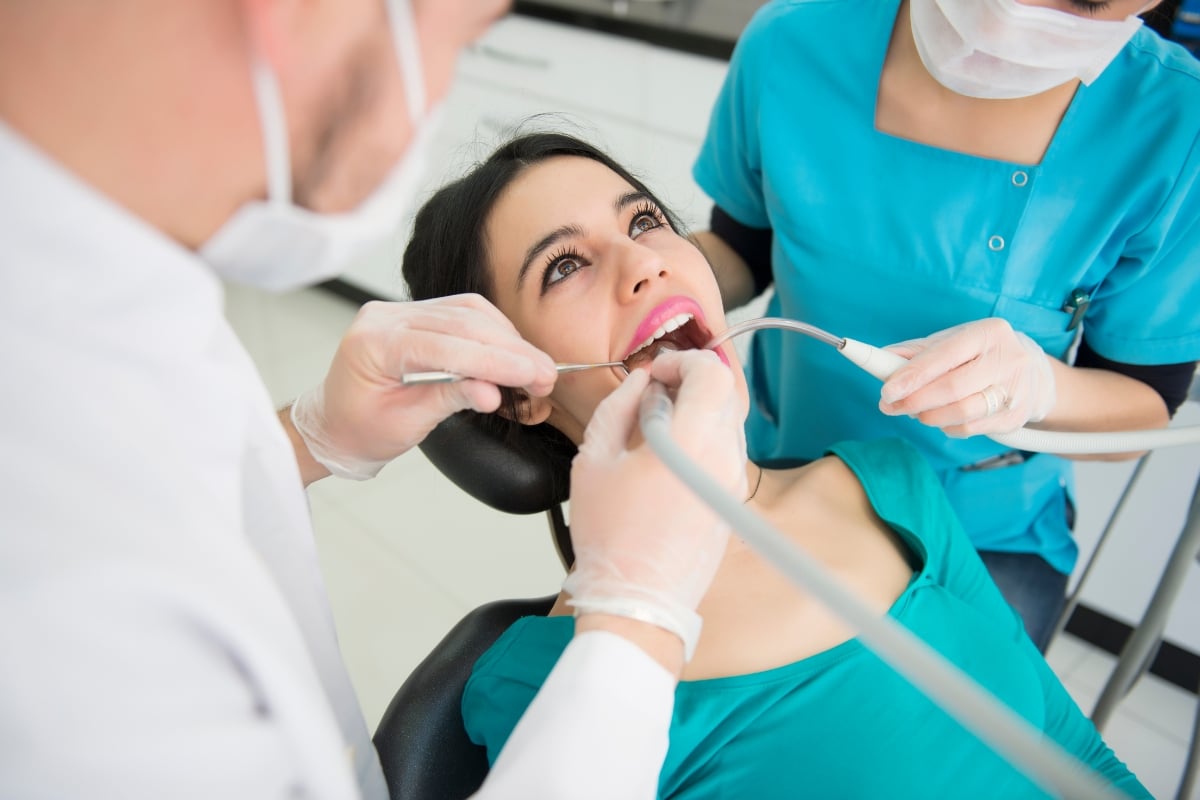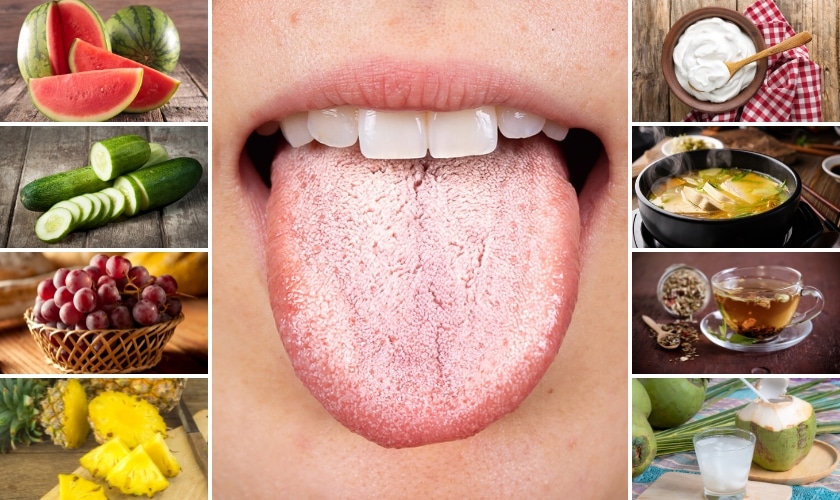Dry Mouth at Night: Choice Family Dentistry’s Tips That Work Rancho Cucamonga, CA

Sleep should restore you, not leave your mouth parched and your teeth at risk. Many people wake up at night feeling dry and uncomfortable, and the effects go beyond just being thirsty. Reduced saliva flow can increase cavity risk, irritate tissues, and make eating and speaking more difficult. About one in five adults worldwide reports dry mouth—so you’re not alone, and practical fixes exist.
Why you shouldn’t ignore nighttime dry mouth?
Saliva shields your teeth against acids, facilitates remineralization, and ensures oral pH balance. With decreased flow overnight, enamel is more susceptible to demineralization, and the risk of decay is increased. The ability to speak and eat may also become compromised, too.
Common causes behind this situation
- Medications: Medications like blood pressure drugs, antidepressants, and for bladder, often list dry mouth as a side effect.
- Health conditions or cancer therapy: Diabetes, Sjögren’s, and radiation treatment can damage your salivary glands, which can lead to dry mouth.
- Lifestyle: If you consume too much alcohol or caffeine and acidic foods at night, you might struggle with dry mouth and enamel wear.
- Sleep and airway issues: CPAP users often have dry mouth at night; humidification and maximizing nasal breathing can reduce it.
Choice Family Dentistry’s tips that prove effective
Read on—these tips are simple, research-based, and safe to try.
1) Ready your mouth for bedtime
Brush with a fluoride toothpaste and use a tongue scraper at night; don’t rinse. Fluoride supports remineralization where saliva is lacking. (For high-risk patients, a dentist in Rancho Cucamonga might recommend using prescription-strength fluoride toothpaste.)
2) Drink smartly
Drink plain water all evening long and keep a glass on your nightstand. Avoid carbonated or acidic drinks right before bedtime. These drinks can soften enamel.
3) Salivate without sugar
Chew sugarless gum or lozenges that have xylitol following dinner to stimulate saliva flow and decrease the risk of cavities. This small habit keeps enamel strong during meals.
4) Use the right mouth products
Choose an alcohol-free antimicrobial mouth rinse. If your struggle with dry mouth doesn’t subside after lifestyle adjustments, you might need to opt for carboxymethylcellulose or hydroxyethyl cellulose gels or sprays to soothe your mouth tissues at night.
5) Adjust sleep-associated dryness
If you mouth-breathe or sleep with CPAP, add a warm humidifier, ensure the mask fits right, and take every possible step for comfortable nasal breathing. These modifications reduce the risk of developing dry mouth at night.
6) Rethink evening rituals
Limit alcohol, caffeinated tea/ coffee, and salty snacks two to three hours before bedtime. You might be able to continue regular flow from the salivary glands following this change, and your morning breath will likely feel fresh.
7) Know when to call
Recurrent nighttime xerostomia with tooth sensitivity, new cavities, burning, or dysphagia requires professional assessment. Medication assessments, topical fluoride treatment regimens, and, in some cases, prescription sialogogues may be considered.
Why choose Choice Family Dentistry
Dry mouth during the night is not one problem, but a cluster of small problems that add up. Our method is prevention: salivary flow augmentation support, enamel protection, and sleeping habits that work with your way of life. Patients require honest responses and practical steps that they can take tonight.
Treat nighttime dry mouth early on, guard your enamel, and make small, consistent changes to your bedtime routine. If your symptoms don’t go away even after all the recommended changes, Choice Family Dentistry is here to help with personalized oral care and prevention planning. Call or book online today.



